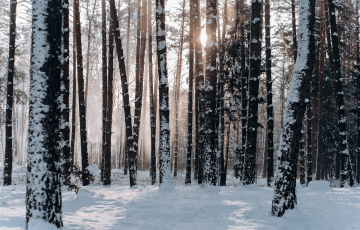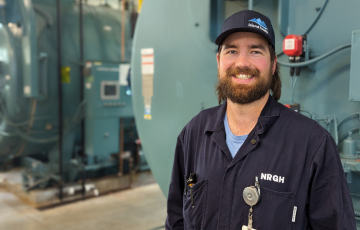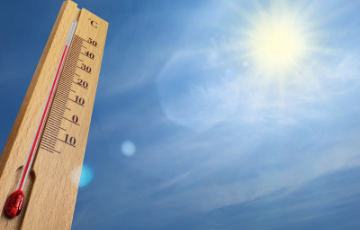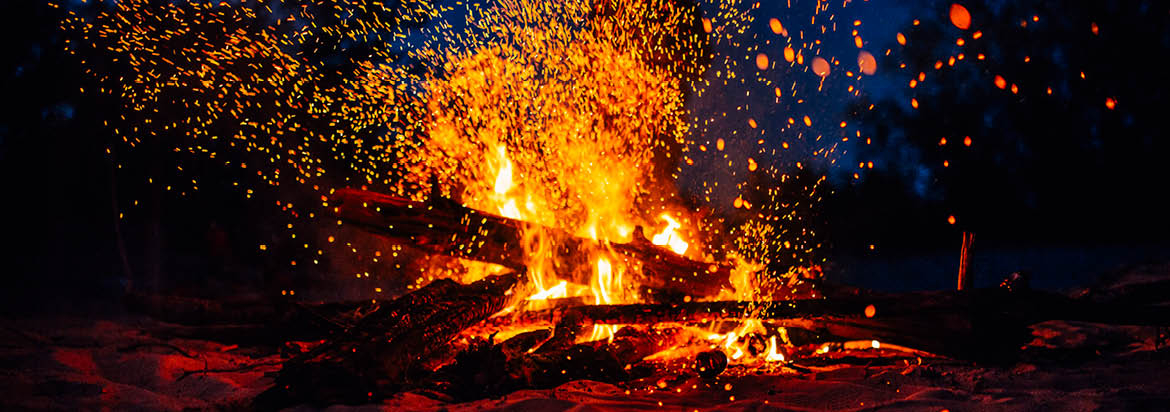News & Events

Winter wellness tips
As the mercury dips, the winter season can bring increased health risks due to cold temperatures, snowfall, flooding, and power outages.
Nothing boiler plate about boiler removal at NRGH
Boilers and asbestos removed from NRGH without any risk or impacts to patients, staff or the public.

